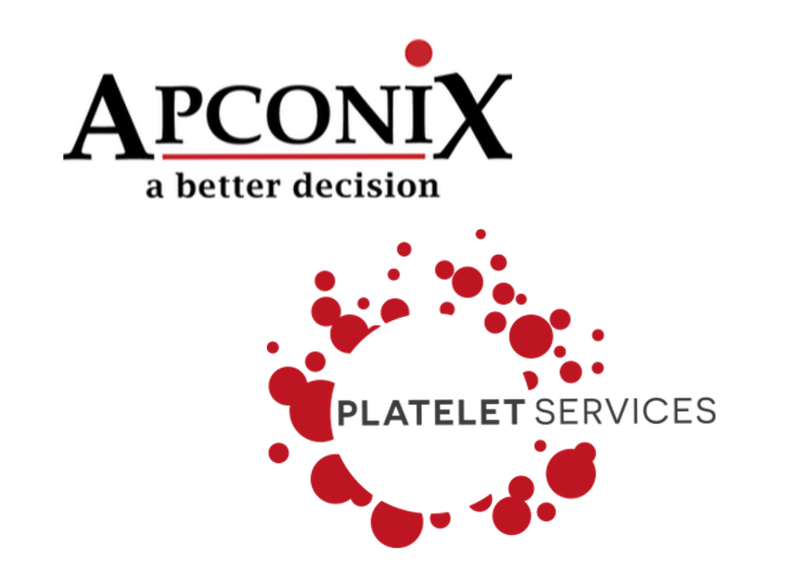Platelet Function Testing in Target Safety Assessments

Adverse Findings
Adverse findings in non-clinical safety/toxicity testing continue to be a major reason for failure and/or complexity in drug projects. Since primary target-related toxicity plays a role in a significant proportion of these failures, an in-depth assessment of potential adverse consequences of target modulation can provide an important de-risking step in the discovery phase. Target safety assessments help build an understanding of potential on-target toxicities and, as those projects progress, help to manage those risks with a risk mitigation plan that can grow and develop with the project. An example of this approach can be found in the Nav 1.7 target safety assessment poster.
Platelet Function Testing
Platelet function testing has historically been a core component in the discovery and development of novel anti-thrombotic agents designed to target receptors, enzymes or adhesion proteins involved in platelet activation and aggregation. However, targets being pursued in other disease areas (eg, oncology, fibrosis) can also be present on platelets and, in these cases, approaches designed to modulate the target may be associated with a risk of thrombosis or bleeding, depending on whether stimulation or inhibition of platelet function is involved. Examples from the oncology field include Bruton tyrosine kinase inhibitors and BH3 mimetics. It makes sense, therefore, to extend the principles of target safety assessments to include consideration of potential for functionally important effects on platelets. This is of particular relevance in settings where existing standard of care may already carry some thrombotic or bleeding risk and may be exacerbated by addition of a new therapy. This should be a consideration not just in the context of treatments for the primary indication of interest but should also extend to medications used to treat associated co-morbidities.
Multiple pathways and amplification loops are involved in platelet activation and aggregation. Consequently, there is considerable scope for signalling redundancy and the importance of expression of a target in or on platelets will depend on its functional significance. Platelet function testing can add substantial value to the overall assessment of target risk and, importantly, can be conducted in test systems derived from human blood as well as blood from preclinical species.
In addition to potential target-related risks, certain treatment modalities can influence platelet function. Two mechanisms that have been highlighted recently include monoclonal antibodies (mAbs) and oligonucleotides (ONs). Monoclonal antibodies have been shown to activate platelets via cross-linking of the platelet FcyRIIA receptors if the target is expressed on platelets or is present in soluble form in plasma. Oligonucleotides developed as potential drug candidates can have phosphorothioate (PS) modifications to improve stability, a modification that can elicit platelet activation, potentially via the GPVI receptor. In such cases, assessment of platelet function early in a drug discovery project can allow the risk to be understood and, with higher throughput test systems now available, there is potential to build platelet function testing into the screening strategy as part of compound/biologic selection.
Target Safety Assessment
As with all components of target safety assessments, potential for effects on platelet function must be considered in the broader context of the proposed indication, standard of care, co-morbidities and co-medications and preclinical and clinical observations. For example, observation of a modest, transient, reduction in platelet count without evidence of a change in platelet function may be acceptable when considering a new treatment approach in a life-threatening disease. Observation of profound or prolonged thrombocytopenia along with substantial inhibition of platelet function might well be of much greater concern.
With the above considerations in mind, please get in touch with Platelet Services (info@plateletservices.com www.plateletservices.com)if you would like to understand any potential for target- or modality-related effects at the platelet level and they can help assess risk and, where necessary, recommend investigations.
Of course we would also love to hear from you about any aspect of drug safety toxicology consultancy, target safety assessments and ion channel screening.





